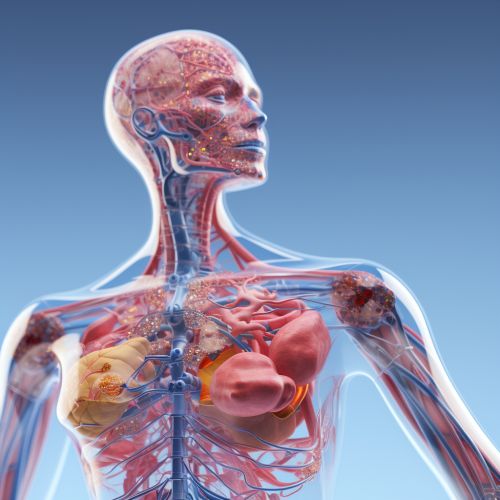Metabolic Disorders
Overview
Metabolic disorders are a group of conditions that occur when the body's metabolic process is disrupted. This can occur when abnormal chemical reactions in the body alter the normal metabolic process. It can also occur when the liver or pancreas are not functioning properly. Metabolic disorders can lead to a number of serious health conditions, including diabetes, obesity, and heart disease.


Types of Metabolic Disorders
There are many different types of metabolic disorders, some of which are inherited. These disorders can affect the body's ability to break down certain nutrients and vitamins, leading to a variety of health problems.
Inherited Metabolic Disorders
Inherited metabolic disorders are genetic conditions that result in metabolism problems. Most people with inherited metabolic disorders have a defective gene that results in an enzyme deficiency. There are hundreds of different types of inherited metabolic disorders, and they can affect the body in different ways. Examples of inherited metabolic disorders include phenylketonuria (PKU), galactosemia, and maple syrup urine disease (MSUD).
Acquired Metabolic Disorders
Unlike inherited metabolic disorders, acquired metabolic disorders are not caused by inherited genes. Instead, they are typically the result of diet, lifestyle, disease, or injury. Examples of acquired metabolic disorders include gout, metabolic syndrome, and certain forms of diabetes.
Symptoms of Metabolic Disorders
The symptoms of metabolic disorders can vary greatly depending on the specific disorder and the organs it affects. Some people may have mild symptoms, while others may have severe, life-threatening symptoms. Common symptoms of metabolic disorders can include fatigue, weight loss or gain, frequent urination, and increased thirst. More severe symptoms can include developmental delay, seizures, and organ damage.
Diagnosis of Metabolic Disorders
Diagnosis of metabolic disorders typically involves a series of tests. These can include blood tests, urine tests, and genetic testing. In some cases, a biopsy of skin, muscle, or liver may be required. The specific tests used will depend on the suspected disorder and the patient's symptoms.
Treatment of Metabolic Disorders
Treatment for metabolic disorders depends on the specific disorder and the severity of the symptoms. Some metabolic disorders, such as diabetes and gout, can be managed with diet, exercise, and medication. Other disorders, such as PKU and MSUD, require a strict diet to prevent serious health problems. In some cases, enzyme replacement therapy or organ transplantation may be necessary.
Prevention of Metabolic Disorders
While not all metabolic disorders can be prevented, some can be managed through diet and lifestyle changes. Regular exercise, a healthy diet, and avoiding alcohol and tobacco can help reduce the risk of many metabolic disorders. In addition, regular check-ups with a healthcare provider can help detect metabolic disorders early, before they cause serious health problems.
